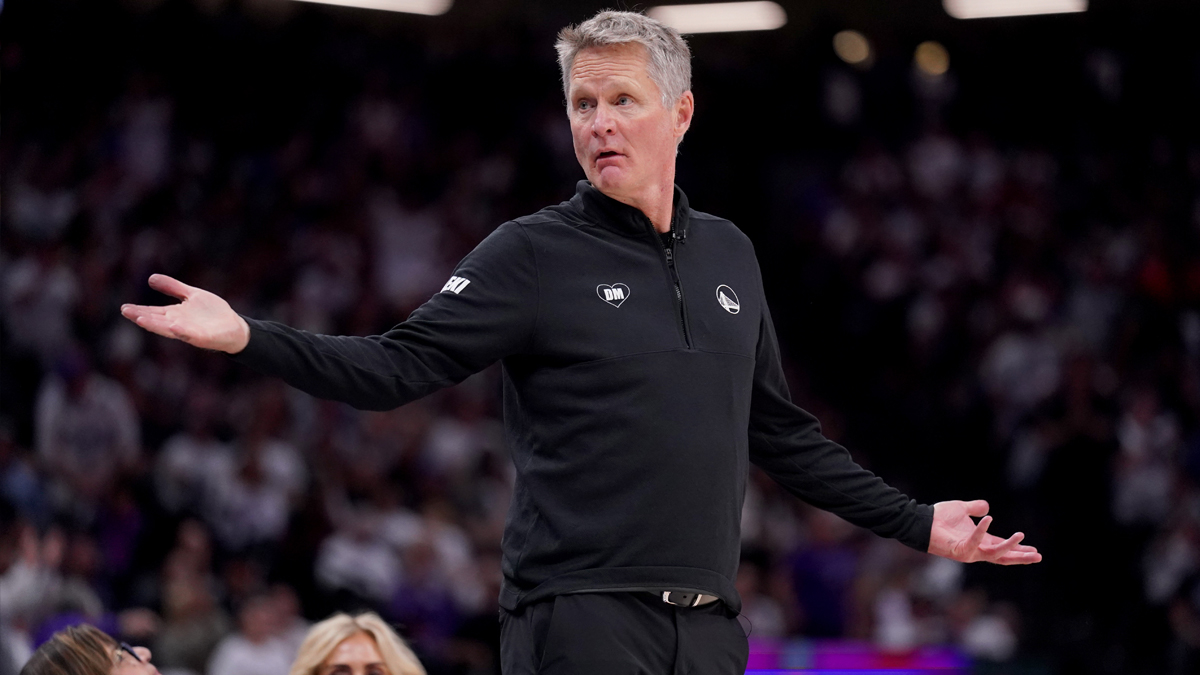The summer Olympics in Rio de Janeiro, Brazil kick off in five months, and one common concern is whether or not athletes in the competition will be competing clean.
The reality is despite an international effort to crack down on cheating athletes, the system currently in place is full of holes.
The World Anti-Doping Agency, or WADA, is the global watchdog charged with regulating that system. The group was formed by the International Olympics Committee in 1999, and is funded in equal parts by sports groups and world governments.
“We do education, research, and a whole number of activities to try to make sport cleaner and more fair,” WADA spokesman Ben Nichols said.
WADA sets and enforces the rules; it issues an annual list of banned substances, determines proper testing methods and in general oversees testing of the world’s professional athletes.
Every country has its own anti-doping agency, which falls under the WADA umbrella. Those groups, along with sports federations, conduct tests on athletes before the Olympic games.
Some countries, like track-and-field powerhouse Kenya, don’t have individual agencies. In that instance, a regional agency takes charge.
Sports
However, recent doping scandals, including one that involves Russian tennis player Maria Sharapova, have some questioning WADA’s impact.
Travis Tygart, CEO of the United States Anti-Doping Agency, or USADA, told USA Today, “Whether WADA...is going to relegate itself to another toothless bureaucracy or are we actually gonna [sic] fight this battle for clean athletes to win it...that’s the question before us right now.”
The current system requires each country’s anti-doping agency to police its own athletes, which WADA oversees. That means all must play fair.
“They are meant to be carrying out anti-doping without influence from other bodies or from their governments,” Nichols said.
Retired pro cyclist Ben Jacques-Maynes sees holes in that system.
“There’s a big conflict of interest, and that can lead to a lot of problems which are now coming to light with Russian athletics,” he said.
Jacques-Maynes grew up riding bikes in Berkeley and went pro at age twenty. He played clean, and he’s proud of it. Now, he advocates against doping in sports.
“I still beat dopers at my best, and those are victories that I am supremely proud of,” he said.
Jacques-Maynes has real concern about WADA. He points to a 2014 documentary by German news agency, ARD, which exposed widespread corruption in Russian athletics, including doping athletes and falsified tests.
It wasn’t until the documentary came out that WADA investigated and suspended Russia from world competition. It’s still unclear if Russian athletes will compete in Rio this summer.
“What we have to do is make sure that people realize that things have been corrected,” Nichols said. “That’s the challenge we face, and we make no bones about how serious that is.”
Another challenge is money. Nichols says WADA’s $26 million budget is simply not enough.
“We have a very small budget to focus on catching athletes, to educate them, to ensure that there’s a level playing field in place,” he said.
Jacques-Mayne says he hopes the holes in the testing system won’t keep people from watching the games in Rio this August. After all, there are still many athletes competing clean, like he did.
“If you see a good athletic effort, and that’s worthy to you, cheer that person on,” he said. “And all you can do is hope that they did it clean. They did it themselves.”
>> Watch a replay of Sam Brock's Facebook Live chat below:
[[374170241, C]]



